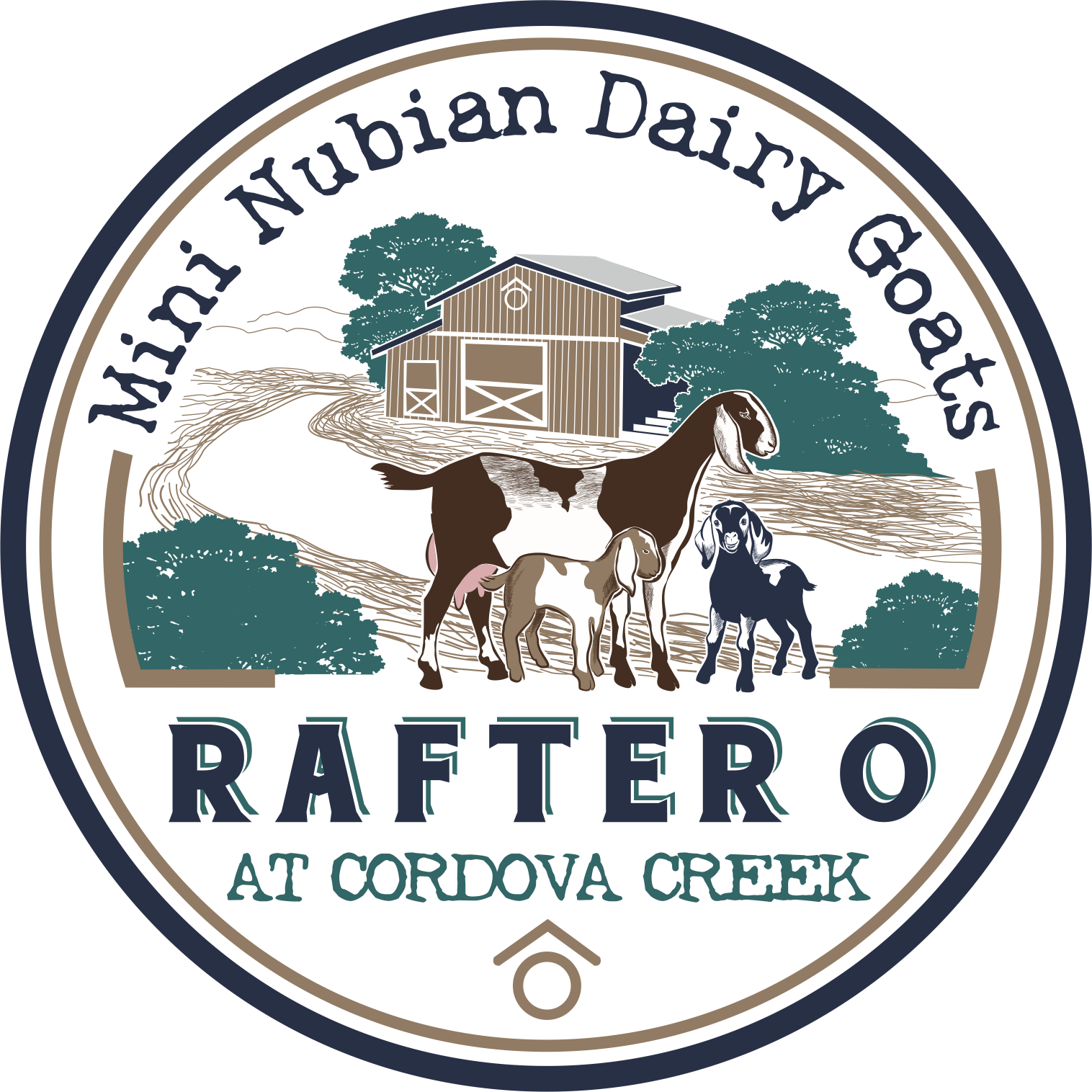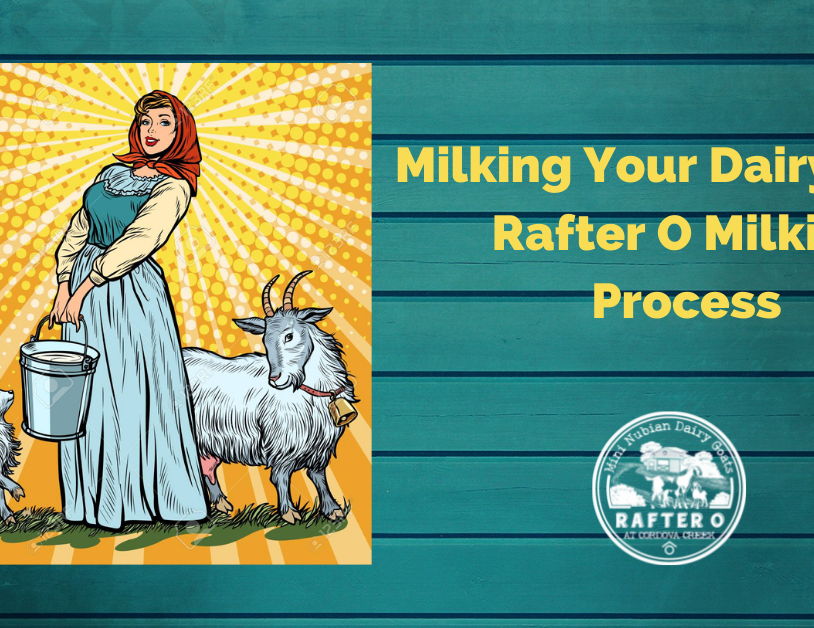
What’s the difference? Goat Milk vs. Cow Milk
You are probably wondering what is so great about goat milk?!? Isn’t cow milk the same, but cheaper? Well, the answer is NO! Contrary to popular belief, goat milk holds a variety of benefits that cow milk just cannot offer!
For one, goat milk is a wonderful alternative to cow milk for those who have difficulty digesting the harsh proteins found in moo juice. Whether you have a milk allergy or just a somewhat irritable stomach, you will find sweet, pain-free, refreshment in goat milk. And, because the proteins found in goat milk are easier to digest and different than cow milk, it is possible to give infants goat milk. So any mothers having difficulty breastfeeding, fear not! Goat milk is there to save the day, while cow milk, lags!
Another aspect to look at is the percent of essential vitamins and minerals in either milk. While cow milk weighs in at a high 28% calcium, goat milk beats it by a good 5 points with 33% calcium. This is an amazing benefit when it comes to giving infants, toddlers, and younger children milk because it strengthens those bones for long days of play. Magnesium, a nutrient necessary for the immune system, is found in goat milk 3% more than cow milk, making goat milk the drink of choice for young ones, sufferers of immunodeficiency, or anyone with everyday allergies. Goat milk also beats cow milk with more protein, vitamin A and C, and potassium! Therefore, goat milk’s high amounts of much-needed ingredients leave cow milk in the dust yet again!
Last, but certainly not least, is another one for all the lactose intolerants out there! GOAT MILK HAS LESS LACTOSE (milk sugar)! Even with only a gram less sugar than cow milk, goat milk is soo much easier on the stomach! Go ahead and try it, you nor your stomach will be sorry!
Before ending, we must also urge you not to turn goat milk down because “you heard it tastes bad”! Goat milk gives you the sweetness of whole cow milk, with the consistency of skim milk, making it a favorite for the taste buds!


Benefits of Goat Milk
Hypoallergenic Value
Approximately 7% of children in the U.S. have symptoms of cow milk allergy, which can be attributed to reactions to alphaS1-casein or whey proteins in milk. Depending on the breed, goat milk contains negligible levels of alphaS1-casein. Research studies suggest that 40% or more of patients allergic to cow milk tolerate goat milk well.
Environmental Impact
Dairy goats need less water per gallon of milk produced than most other livestock raised for dairy. Also, goats produce nearly 20 times less methane per kg of body weight than dairy cows.
Clean & Mild Flavor
By chilling the milk rapidly and minimizing agitation of any kind, goat milk products have a very clean and mild flavor. More people in the world drink milk from goats than from any other species.
Short & Medium-Chain Fatty Acids
Goat milk contains significantly higher levels of short and medium-chain fatty acids than cow milk. It is suggested that these fatty acids are more rapidly digested, provide quick energy for the body and are associated with a variety of other health benefits.
Easy Digestibility
The average size of fat globules in goat milk is smaller than in cow milk and it forms a smaller and softer curd in the stomach. Small, soft curds are more rapidly broken down by stomach enzymes, which make goat milk more easily digestible.
Naturally Homogenized
Unlike cow milk, goat milk does not separate if left to settle. Goat milk dairy is less processed because homogenization, the process of forcefully breaking up fat globules in milk to achieve emulsification, is not necessary.
Full of Probiotics!
Courtesy of Redwood Hill Farm.



